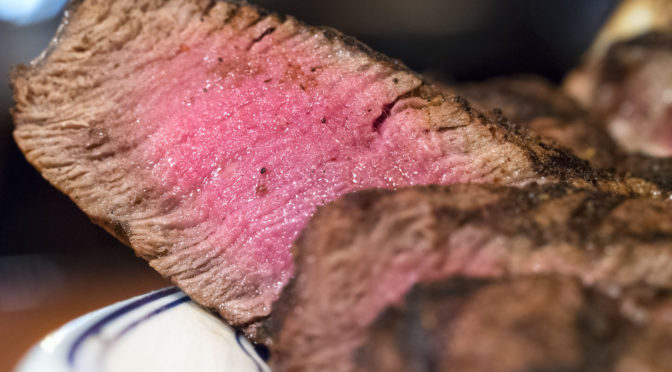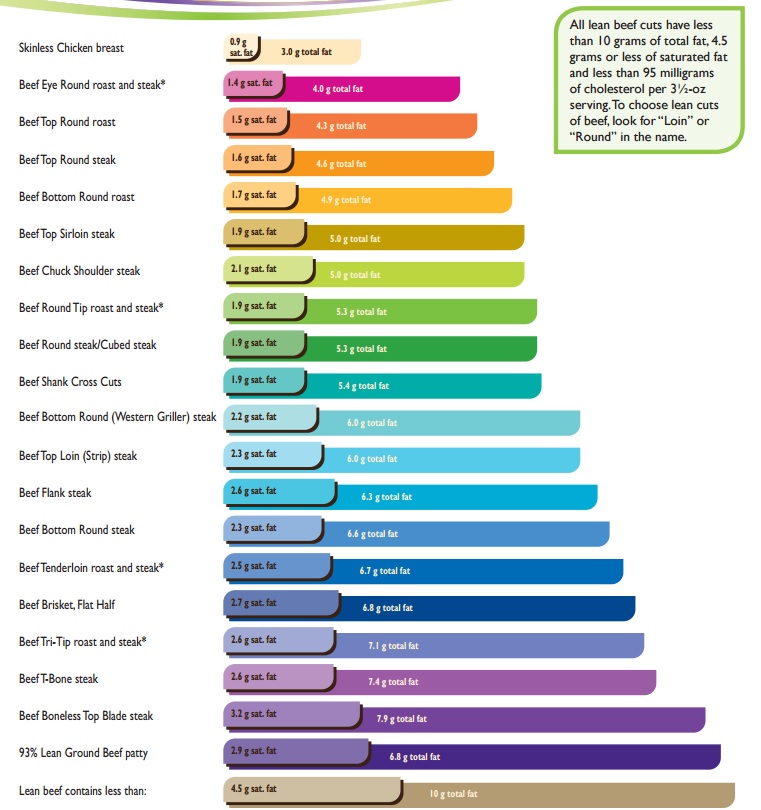I recently had dinner with a friend of mine who had just gotten an angioplasty. If you don’t know what that is, it’s when surgeons open up blocked arteries and restore normal blood flow to the heart. If your arteries stay clogged, you can have a heart attack and die. Duh.
My friend’s doctor obviously cautioned him to avoid saturated fats and bad cholesterol. That doesn’t mean he can’t have a steak once in a while, and that’s exactly what he wanted for dinner on the night we hung out. I have that effect on people…
So there were two steaks on the menu; a NY strip and a skirt. My buddy asked the waitress, “which one is more fatty?” She said the strip, which, all things equal in terms of grade and cooking prep, is completely false. I informed my buddy why she was wrong after she stepped away, so as not to embarrass her. But I figured I would share that knowledge here with you guys, too. Here’s why she was wrong:
NY strip steak is a strip loin cut of beef, which is the most prized part of the sirloin. Sirloin is considered a lean cut of beef. In fact, any time you see the word “loin” in describing a cut of beef, that means it’s lean. The one caveat I’ll give is that fat content also depends on the grade of beef, not just the location of the cut. Prime has more intra-muscular fat (marbling) than choice, for example, and something like Kobe has more than prime.
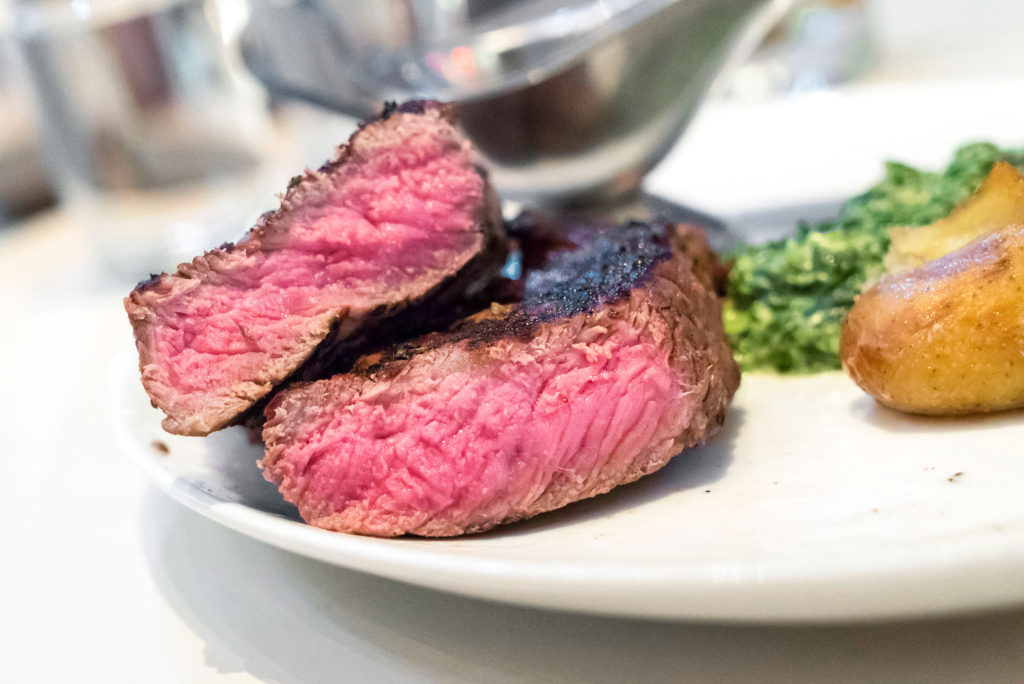
The term “lean” means that the beef has 4.5g or less of saturated fat per serving, and 10g or less total fat per serving. About 66% of beef cuts are considered lean cuts. That’s pretty fucking good!
Skirt hails from the “plate” or diaphragm muscle of the bovine anatomy. It’s not listed above because it isn’t within the definition of lean. It has more fat content than a strip steak, especially after a strip is trimmed by a restaurant. Most of the fat on a sirloin lies on the outside of the muscle, as opposed to the inside marbling (which, by the way, contains “good fats,” like olive oil and avocados do). But when external fat is trimmed away, you’re down to low fat content.
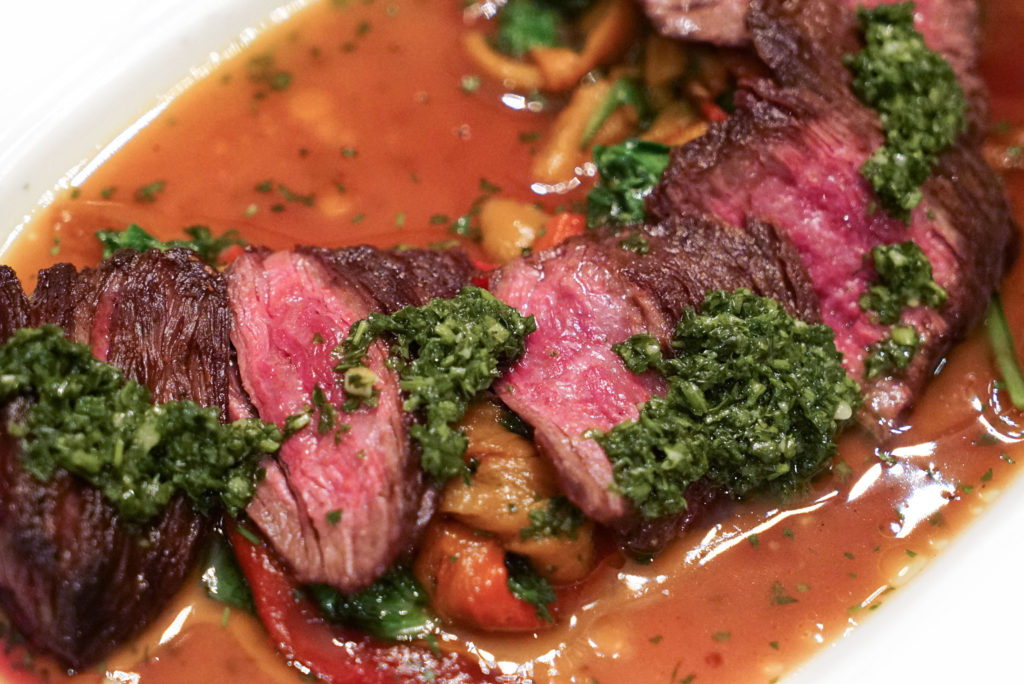
The real question, then, becomes: How is the steak prepared? Does it come with a cream sauce? Is it cooked with tons of butter? Is it simply seasoned and grilled? All of this matters tremendously in terms of calculating the total fat content of a particular dish.
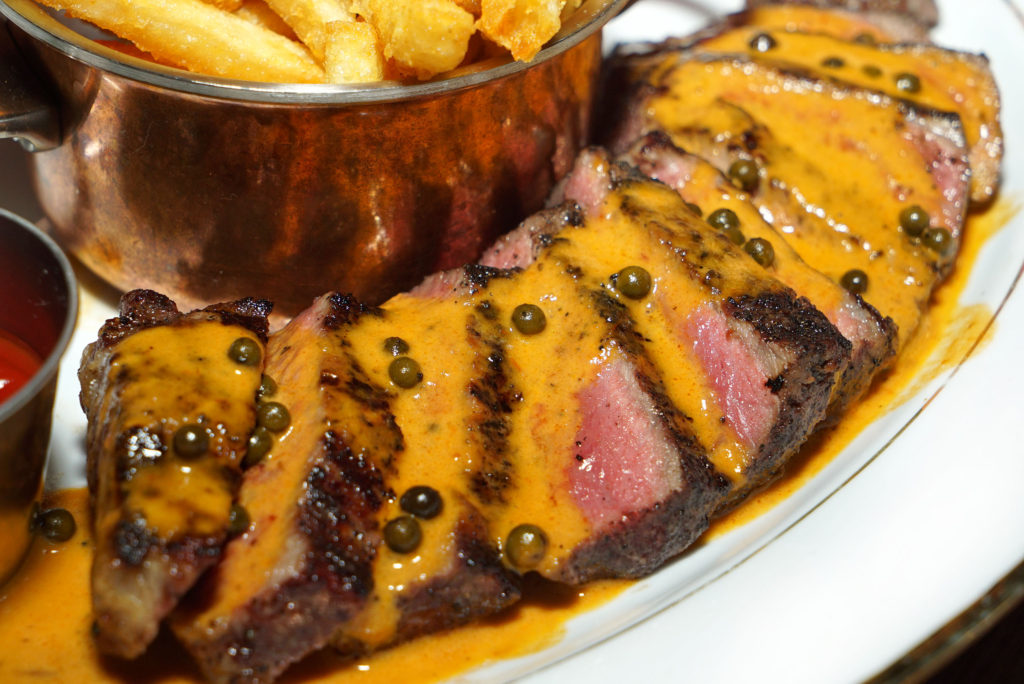
Why do I mention this? Because the method of cooking could flip these fat levels very easily. If the strip is being cooked in a pan filled with butter and then smothered in a cream sauce, while the skirt is simply seasoned and grilled, then maybe it’s best to get the skirt if you’re trying to be mindful of overall fat content. It all depends, like adult diapers.
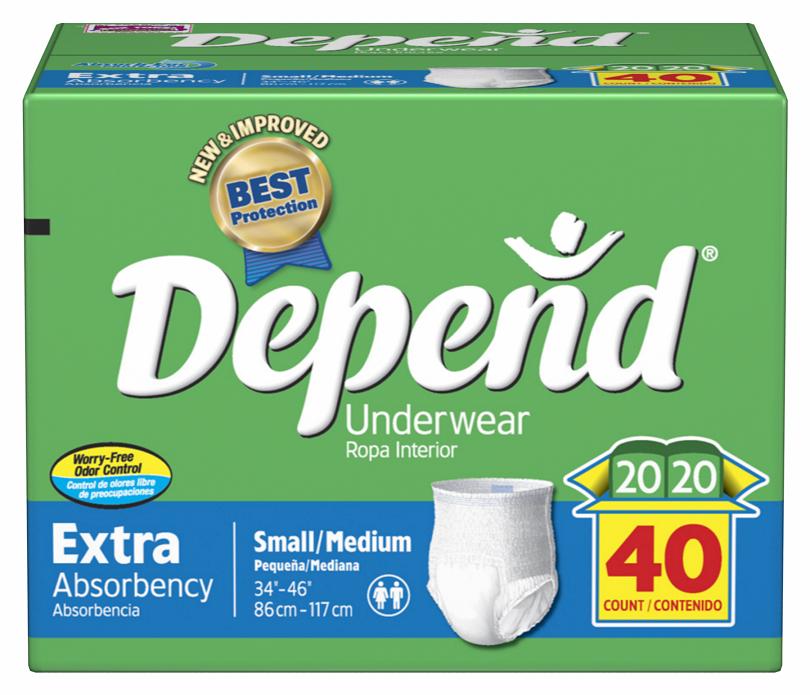
My advice: don’t ruin good beef with a sauce. I love the flavor of beef, so I don’t like to mask it with sauces of any kind. Simply season and fire it up. If you live by those rules, then you can take the fat content of lean cuts at face value and be confident that you’re eating a low fat, lean beef meal that’s both nutritious and delicious.

